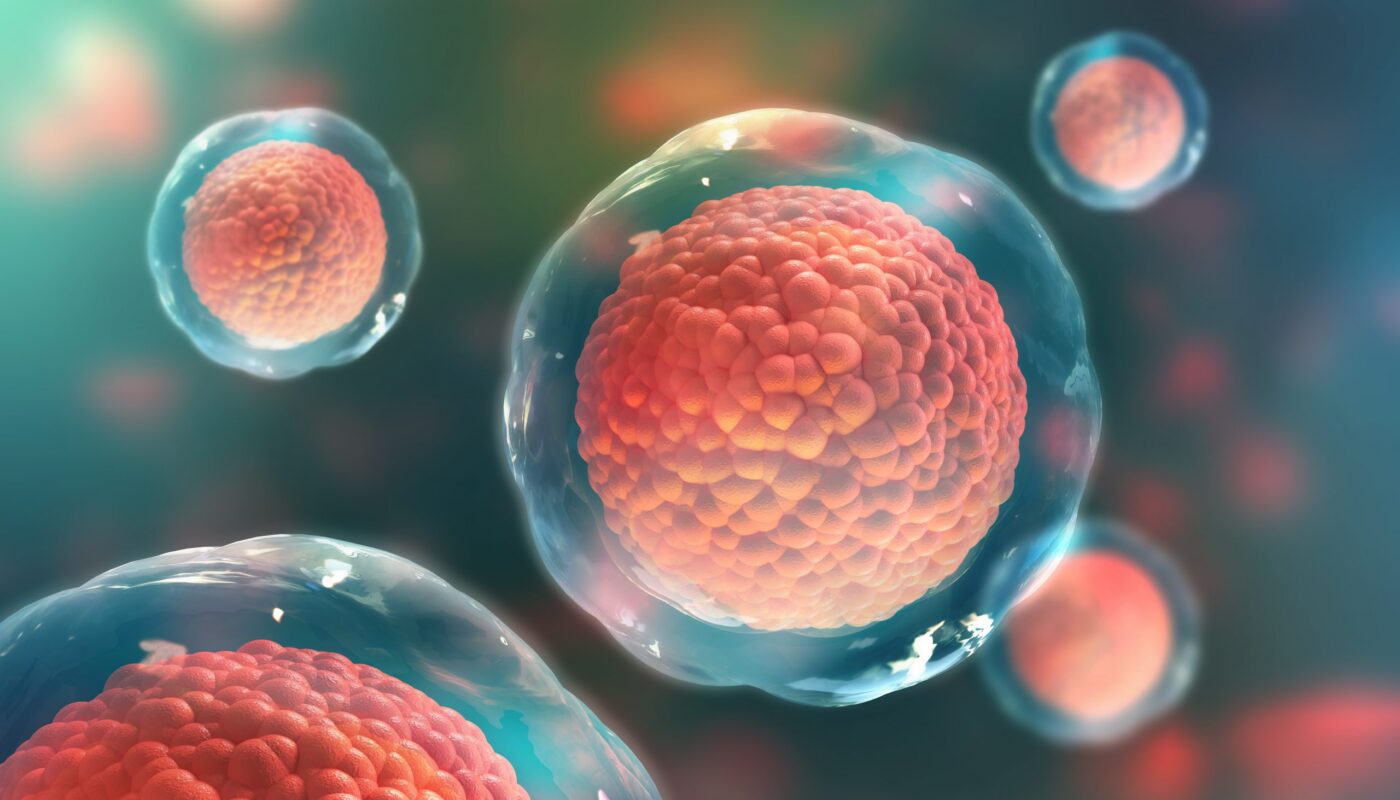Researchers at the University of Arizona Health Sciences have made significant progress in addressing one of the major hurdles in regenerative medicine—immunological rejection by the recipient. By genetically modifying pluripotent stem cells to evade immune recognition, the team has brought pluripotent stem cell-based therapies one step closer to restoring lost tissues caused by diseases like Type 1 diabetes and macular degeneration. The study, titled “Engineering Human Pluripotent Stem Cell Lines to Evade Xenogeneic Transplantation Barriers,” has been published in the journal Stem Cell Reports.
Pluripotent stem cells possess the remarkable ability to differentiate into any type of cell in the body. However, their potential for therapeutic applications has been limited by the risk of rejection after transplantation. To overcome this barrier, the researchers employed CRISPR-Cas9 technology, a gene-editing tool that allows for precise mutations within the genome.
Using human pluripotent stem cells, the team identified specific genes thought to be involved in immune rejection and successfully removed them through genetic modification. Unlike previous studies that focused on isolated aspects of the immune system, the researchers tested their modified stem cells in a complete and functional immune system. By transplanting the engineered cells into mice with normal immune systems, they observed promising results—the pluripotent stem cells integrated into the mice without being rejected.
Lead investigator Deepta Bhattacharya, a professor at the UArizona College of Medicine—Tucson’s Department of Immunobiology, explained that the development holds significant potential for advancing pluripotent stem cell-based transplants. Currently, transplant recipients often require lifelong immune-suppressing medications, which can increase susceptibility to infections and cancer. If successful, the genetically modified pluripotent stem cells offer the possibility of performing transplants without immune suppression.
Bhattacharya emphasized that the breakthrough marks an important step forward, both clinically and in terms of scalability. Instead of individualized therapies for each patient, it becomes feasible to use a single type of pluripotent stem cell that can be turned into the desired cell type and given to a wide range of individuals. This simplifies the process and broadens the potential for widespread use.
Moving forward, the research team plans to test the genetically modified pluripotent stem cells in specific disease models. Collaborations with The New York Stem Cell Foundation and the Juvenile Diabetes Research Foundation are already underway to assess the technology in animal models for Type 1 diabetes.
Bhattacharya emphasized the need to address the immune system as a first step, and the successful results instill confidence that this approach has significant potential. As further research progresses, these findings may pave the way for more effective and accessible pluripotent stem cell therapies, revolutionizing the field of regenerative medicine.
*Note:
1. Source: Coherent Market Insights, Public sources, Desk research
2. We have leveraged AI tools to mine information and compile it



